2018-11-24
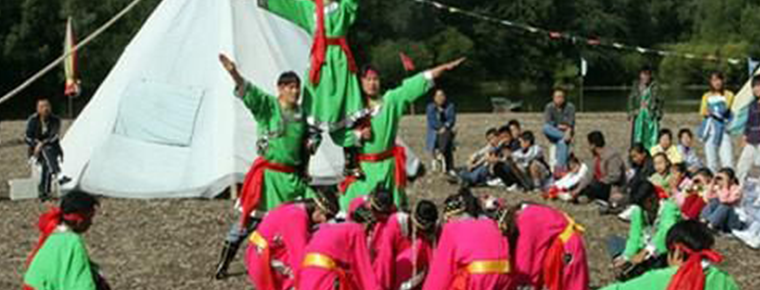
- By ChinaWiki.net
- Chinese Edition
- 2019-04-28
Gulunmu Festival of Oroqen Nationality
The Oroqen ethnic group is one of the minorities with a small population in China. Since ancient times, it has multiplied and lived in the deep forest of Heilongjiang Valley and Xing'an Mountains. It is also known as the "King of Xing'an Mountains" and "the conqueror of severe cold". Because hunting and hunting have been used for generations, fire is particularly important to the life of the Oroqen people, who respect and fear fire. The Gulunmutuo Festival of the Oroqen Nationality is a national cultural phenomenon originating from the belief in the God of fire. This unique way of production and life has formed a unique traditional festival - Gulunmu Festival.
On May 20, 2006, the Olunchun Gulunmu Festival declared by Heilongjiang Province was approved by the State Council and listed in the first batch of national intangible cultural heritage list .
Historical origin
"Gulunmubu" is Oroqen language, meaning sacrifice to the God of fire. The Gulunmu Festival evolved from the ritual of offering sacrifices to the God of fire. Since ancient times, every family in Oroqen has lit bonfires in front of their doors on New Year's Day or auspicious days, burning incense and kneeling to pray for the God of fire to protect peace; before meals, they have to sprinkle wine and throw meat into the fire pond to show their worship. In the long run, a kind of folk custom has been formed which has been passed down from generation to generation.
The state attaches great importance to the protection of intangible cultural heritage. On May 20, 2006, the folklore was approved by the State Council and listed in the first batch of national intangible cultural heritage list .
Main activities
The Gulunmu Festival of the Oroqen Nationality is held every spring, when people take good wine, good meat, tents and other things and ride their families to the scheduled places to participate in the activities. During the festival, the activities are rich and colorful. During the day, horse racing, archery, shooting, wrestling, singing, dancing, storytelling, chess and playing wooden cards were held; at night, campfires were closed, and shamans were invited to dance gods and worship ancestors.
Inheritance significance
Gulunmu Festival is not a sole day of sacrificing gods to ancestors, but also contains rich literature.
Connotation. However, due to historical reasons, the activities of the Gulunmu Festival have been suspended for a long time. In recent years, although the masses spontaneously restored it, great changes have taken place in the way and content of the activities, and some traditional activities are on the verge of disappearance. Therefore, it is urgent to protect this folk festival.
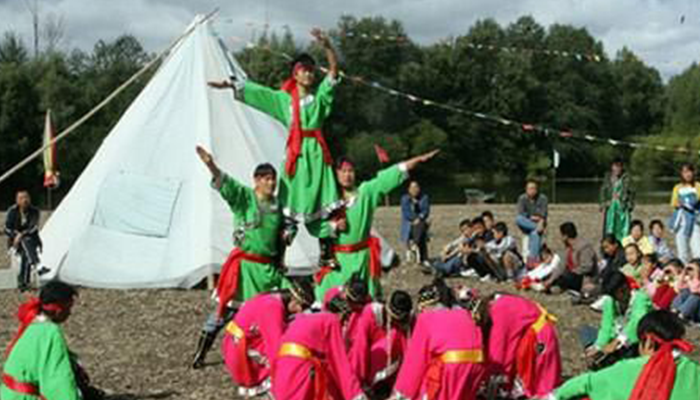
Ask a Question
Your email address will not be published.
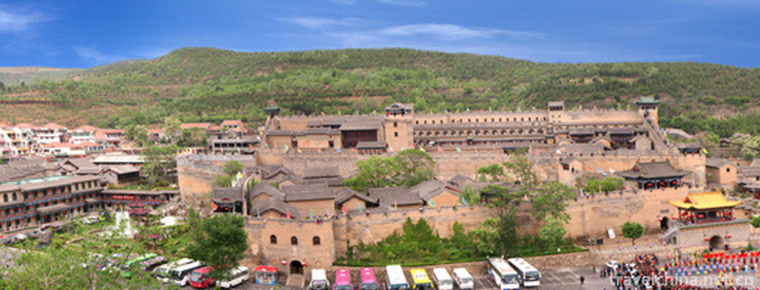
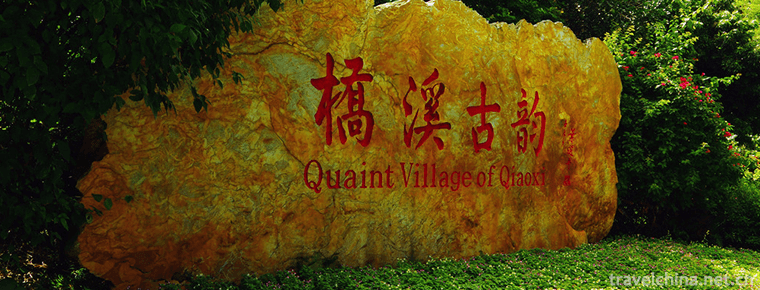
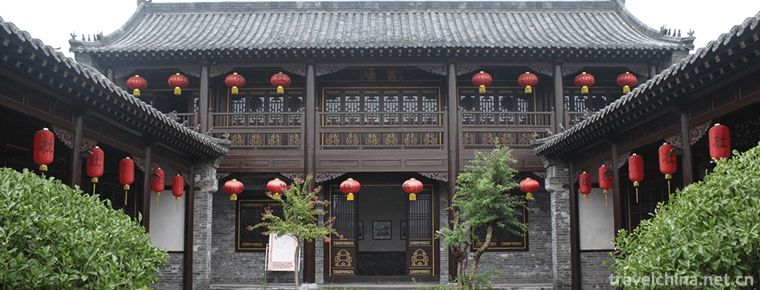
0 Questions